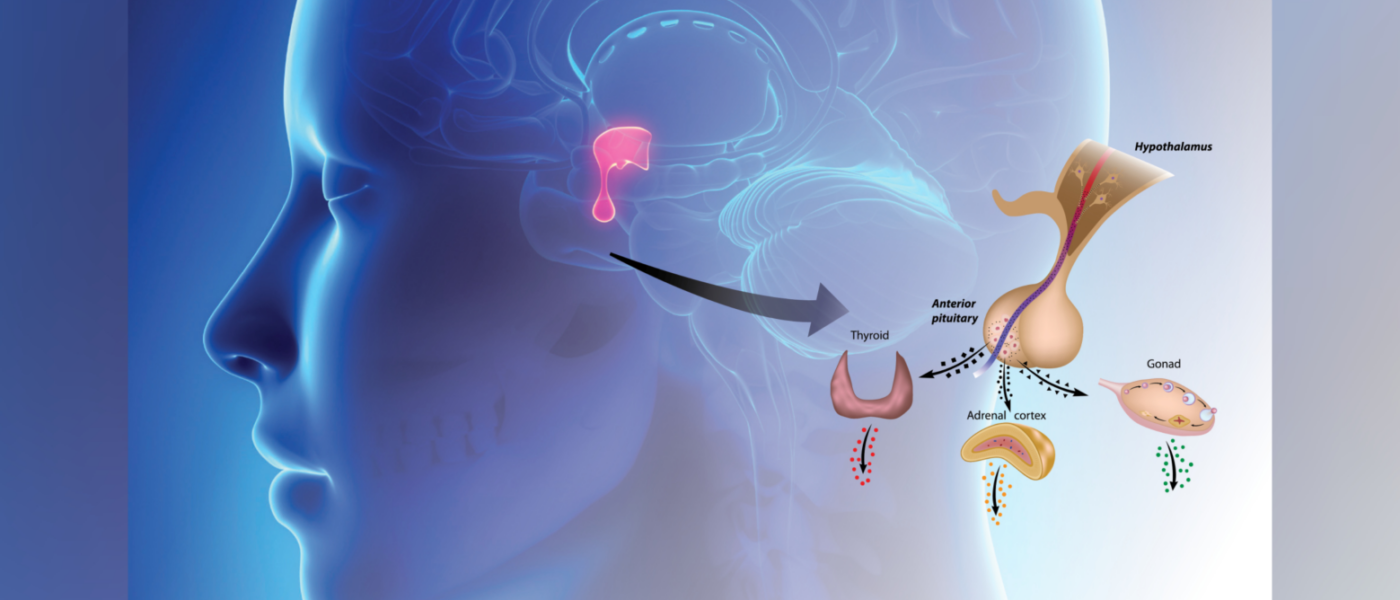ENDOCRINOLOGY & METABOLISM
Residency Program at McMaster
Welcome to McMaster’s Endocrinology and Metabolism Subspecialty Residency Program for the training of PGY4 and PGY5 residents after completion of core Internal Medicine, accredited by the Royal College of Physicians and Surgeons of Canada. The Program is committed to training excellent Endocrinologists who may choose to practice in an academic or community setting. It is a resident-centred program that provides trainees with diverse clinical exposure, high-quality teaching, and mentorship.
Welcome
The Endocrinology and Metabolism Subspecialty Residency Training Program at McMaster University is a medium-sized program with a total of 4-5 endocrine trainees in the two-year program. We have a growing division with internationally renowned researchers such as Dr. Hertzel Gerstein and very committed clinician-educators who help us provide excellent training to our residents in all aspects. We pride ourselves on maintaining the informality, flexibility and comradery of a small program while providing diverse exposure to endocrine pathology given our large catchment area.
Entry Requirements
Applicants would apply through the CaRMS Medicine Subspecialty Match (MSM). Full requirements can be found on their website.
Application Deadline
Please refer to the CaRMS website.
Program Overview
The first year is structured to provide exposure to Endocrinology and Diabetes clinics, citywide inpatient consultation service, selective in Pathology, Nuclear Medicine, and Biochemistry, as well as a research block to pursue a scholarly project. Elective time and six weeks of Pediatric Endocrinology are also included within the first year.
Flexibility within the second year is a notable strength of the program allowing residents to pursue further clinical training, participate in a Master’s program, or focus on specialized training in an area of interest.
Multiple tools of assessment have been integrated into the curriculum to provide feedback to residents. These include an observed history and physical, mini-CEX assessments, 360 evaluations, a national in-training written examination, and rotation-specific ITARs. Endocrinology is scheduled to transition to CBD nationally in 2022; therefore, EPAs have not been introduced yet. The longitudinal clinic provides opportunities for mentorship and coaching that are valued highly by trainees.
We have a large catchment area that serves as a referral base for a spectrum of endocrine disorders providing residents with a rich and broad exposure to endocrine pathology. Given that it is a smaller program, residents have a greater opportunity to be involved with interesting cases. We also discuss such cases at our Mortality and Morbidity Rounds, which are focused on themes such as Adrenal, Pituitary, Thyroid, and General Endocrinology. Other learning activities include monthly Citywide Endocrinology Rounds and Journal Club, as well as a Visiting Professor event and Basic Science Seminar that are held annually. Residents also have the opportunity to attend review courses such as the Canadian Endocrine Review Course and attend or present at national or international conferences such as CSEM, Endocrine Society or ADA annual meetings.
The Academic Half Day curriculum is carefully designed to deliver teaching on core topics and program objectives outlined by the Royal College. Diabetes bootcamp sessions run by physicians and allied health professionals allow residents to be exposed to various aspects of diabetes management (CGM, pump technology, and psychosocial aspects) in the first two months of training.
Residents also attend subspecialty and QIPS half days, which are organized centrally to cover non-medical expert CanMEDS roles.
Objectives
At the end of the program, our trainees should be able to:
- Provide excellent patient-centred care for the full spectrum of endocrine disorders.
- Continue lifelong learning to maintain their competencies.
- Function as effective clinicians, researchers, educators or leaders based on their chosen career path.
- Apply principles of quality improvement and patient safety regardless of their practice setting.
More Opportunities
We participate in a global health program that allows medicine subspecialty trainees to complete a 2-4 week elective in Guyana. Our residents are funded for this experience in Diabetes and Endocrinology.
- Clinical Investigator Program
- Health Research Methodology
- Master of Health Science Education
- Master of Science in eHealth
- Master of Science in Global Health
- Medical Sciences Graduate Program
- Master of Biomedical Discovery and Commercialization
Apply for an Elective
We welcome you to apply for an elective if you are interested in pursuing subspecialty training in Endocrinology at McMaster University. Please contact us for further information on how to apply at macendo@mcmaster.ca

